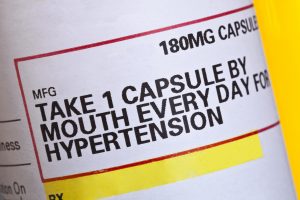
At some point in your life, a medical device will likely become a necessary part of your medical care. You may need external items such as hearing aids, blood glucose meters, insulin pumps, or feeding tubes. You may also need the help of surgically implanted medical devices like artificial hips, heart pacemakers, breast implants, spine screws, rods, artificial discs, intrauterine devices, metal screws, pins, plates and rods, artificial knees, or coronary stents. No matter what type of medical device you need, you deserve safe devices of only the best quality that are responsive to technological updates. As a patient, you should have the right to make a fully informed decision about whether you want to use a newer or older version of a particular medical device. The FDA is now considering making changes to its (infamous) 510(k) medical device approval process.
FDA Pressures Medical Device Manufacturers to Utilize Newer Technologies
You only have to look at the evolution of cell phone technology to appreciate the abundance of technological changes that have occurred over the past decade. So, why should you be provided with the medical device equivalents of flip phones? That’s one of the key focuses of the proposed new changes to the 510(k) Approval Program the U.S. Food and Drug Administration (FDA) which would be incorporated in 2019. The 510(k) Approval Program, put in place originally in 1976, has provided an approval “short-cut” for medical devices which are based on medical devices currently on the market. I have written about the 510(k) process often on this site. The medical device currently on the market, upon which the new product is based, is known as a “predicate device.” Historically, there have been no restrictions concerning the age of the predicate device. This is about to change.
 North Carolina Product Liability Lawyer Blog
North Carolina Product Liability Lawyer Blog










